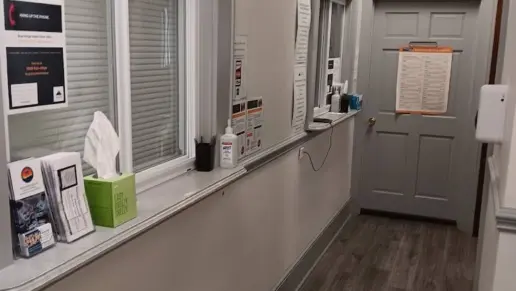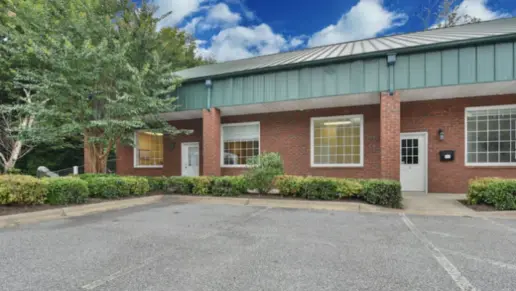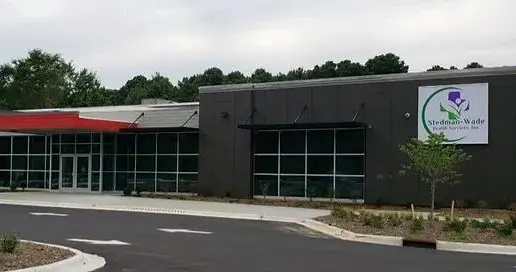About Atrium Health Behavioral Health
For those battling alcoholism and drug addiction, Atrium Health Behavioral Health in Charlotte, North Carolina, provides evidence based treatment options. They are a facility of Carolinas Medical Center. They are the only specialized psychiatric emergency room in the area.
Their comprehensive inpatient medical detox provides round the clock supervision to guarantee a safe transition away from drugs. They use medication and therapeutic techniques to control withdrawal symptoms. They offer a structured 12 week program for those who would rather receive outpatient care. This program provides sessions that are designed to support and educate you while you put your newly learned skills to use in your everyday life.
They treat alcohol, opioids and multi substance use among other substance addictions. Based on the 12 Step recovery principles, their programs emphasize your mental, physical and spiritual health. They perform comprehensive substance use assessments to determine the right level of care for you. They offer medication assisted treatment (MAT) which successfully treats addiction by restoring normal brain function and reducing cravings. They also provide DWI assistance. They ensure comprehensive care by addressing substance use and any co-occurring psychiatric disorders at the same time.
They offer therapies like cognitive behavioral therapy, which assists in changing negative thought patterns and helping you form healthier habits. Their dialectical behavior therapy encourages balance through mindfulness, while motivational interviewing strengthens your resolve to make changes for the better.
To improve your coping mechanisms, mend relationships and uncover the underlying causes of your substance use, individual counseling is offered. Group counseling sessions offer further support through shared experiences, while family counseling promotes better communication and settles conflicts within the family.
Aftercare options they offer are centered on symptom management, relapse prevention planning and putting you in touch with local resources. Education on recovery tools, access to group meetings for continued support and direction for families navigating recovery together are all part of their aftercare treatment.
Rehab Score
Gallery
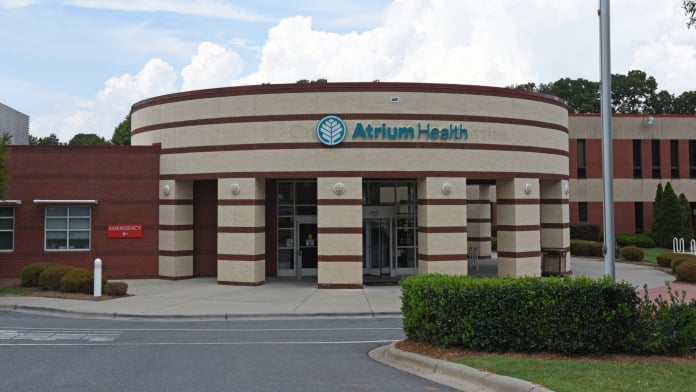
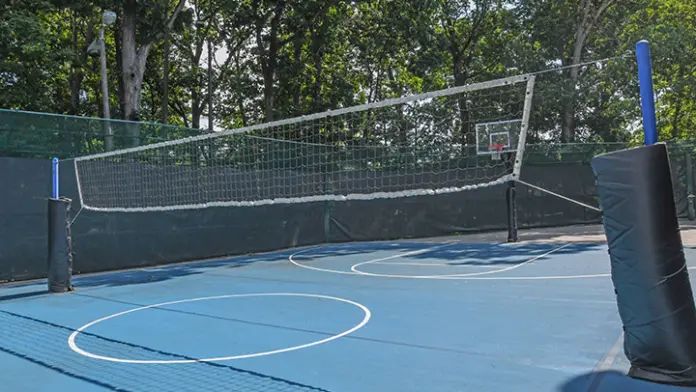
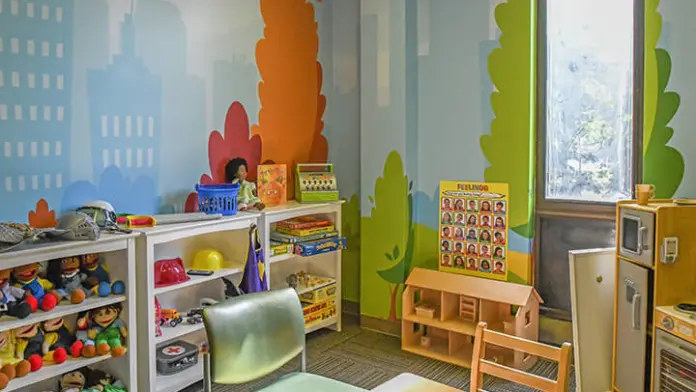
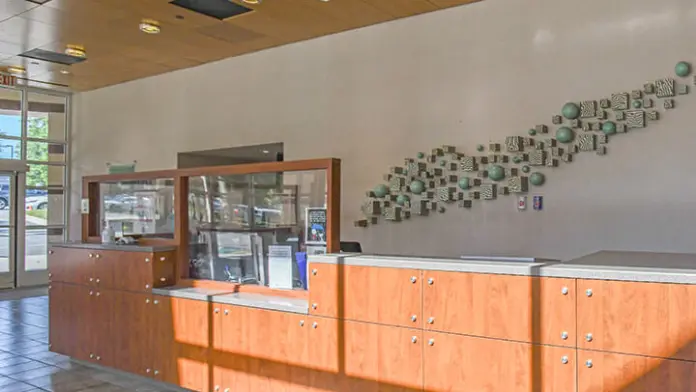
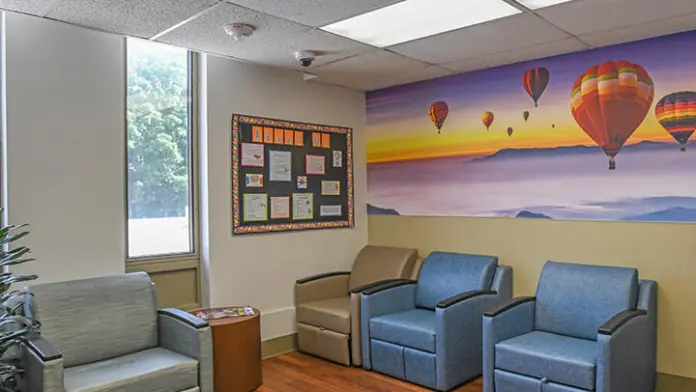
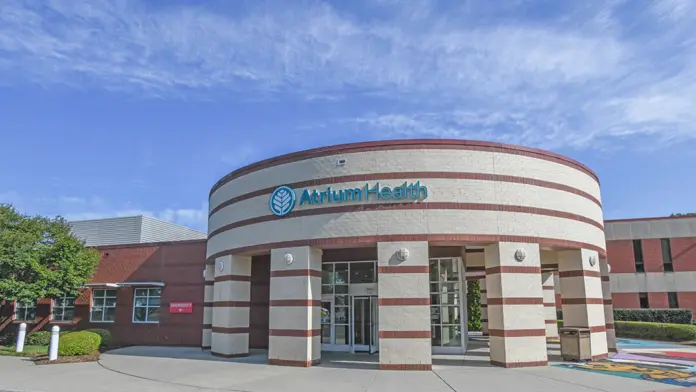
Location
Accepted Insurance
Other Forms of Payment
Private insurance refers to any kind of healthcare coverage that isn't from the state or federal government. This includes individual and family plans offered by an employer or purchased from the Insurance Marketplace. Every plan will have different requirements and out of pocket costs so be sure to get the full details before you start treatment.
Self-pay involves paying for treatment out of your own pocket. You can use savings or credit, get a personal loan, or receive help from family and friends to fund your treatment. If you don't have insurance or your insurance plan doesn't cover a specific program, self-pay can help ensure you still get the care you need.
Financial aid can take many forms. Centers may have grants or scholarships available to clients who meet eligibility requirements. Programs that receive SAMHSA grants may have financial aid available for those who need treatment as well. Grants and scholarships can help you pai for treatment without having to repay.
Medicare is a federal program that provides health insurance for those 65 and older. It also serves people under 65 with chronic and disabling health challenges. To use Medicare for addiction treatment you need to find a program that accepts Medicare and is in network with your plan. Out of pocket costs and preauthorization requirements vary, so always check with your provider.
Medicaid is a state based program that helps lower-income individuals and families pay for healthcare. Medicaid covers addiction treatment so those enrolled can use their coverage to pay for rehab. When a program accepts Medicaid the client often pays very little or nothing out of their own pocket.
Addiction Treatments
Levels of Care
Programs

Clinical Services
Clients who receive cognitive behavioral therapy in North Carolina typically attend five to 20 sessions. During this time, they work with their therapist to learn healthier patterns of thinking, which can help them change their behavior related to substance use.
Men and women enjoy a supportive environment within group therapy sessions for drug and alcohol addiction treatment. You can share your experiences and build connections with your peers while receiving encouragement from individuals who have faced similar challenges.
You usually develop a strong bond with your therapist during individual therapy sessions. This helps you explore the underlying causes of your substance use in a safe and nonjudgmental environment. Therapists help you develop effective coping strategies you can use in the community and improve your self awareness so you understand your addiction triggers.
Trauma therapy helps you reclaim your life after experiencing or witnessing a traumatic event. Therapists help to process these memories, which promotes emotional healing and reduces anxiety in social situations. This improves your overall well being and increases your self confidence.
During couples therapy in North Carolina, a psychologist helps you and your partner resolve problems that are occurring in your relationship. This licensed therapist uses talk therapy to help you both work through challenges together. The process involves learning new skills to better handle conflict and life issues.
Family therapy sessions address the emotional toll that addiction has had on the family unit and individual members. Therapists work with families to develop better coping strategies, which in turn create a stable environment for their loved one's recovery process.
Routine tasks are difficult for someone experiencing addiction. Daily skills deteriorate, which makes it harder to achieve recovery. That's why drug rehab programs in North Carolina reteach basic life skills. This gives you the tools you need to manage daily life without returning to substance use.
During nutrition therapy in North Carolina, you'll work with a nutritionist to develop a dietary plan. Medical professionals will provide input based on your health needs. You'll learn to create goals for nutrition and develop the skills you need to meet them.
Recreational therapy in North Carolina helps you during drug and alcohol addiction recovery by engaging you in activities that support your physical and mental health. Sports, arts, and outdoor adventures give you positive experiences that help replace substance use and help you develop healthy habits and a support network.
Amenities
-
Yoga Studio
-
Residential Setting
-
Private Rooms
Accreditations

The Joint Commission, formerly known as JCAHO, is a nonprofit organization that accredits rehab organizations and programs. Founded in 1951, the Joint Commision's mission is to improve the quality of patient care and demonstrating the quality of patient care.
Joint Commission Accreditation: Yes
Contact Information
501 Billingsley Road
Charlotte, NC 28211


